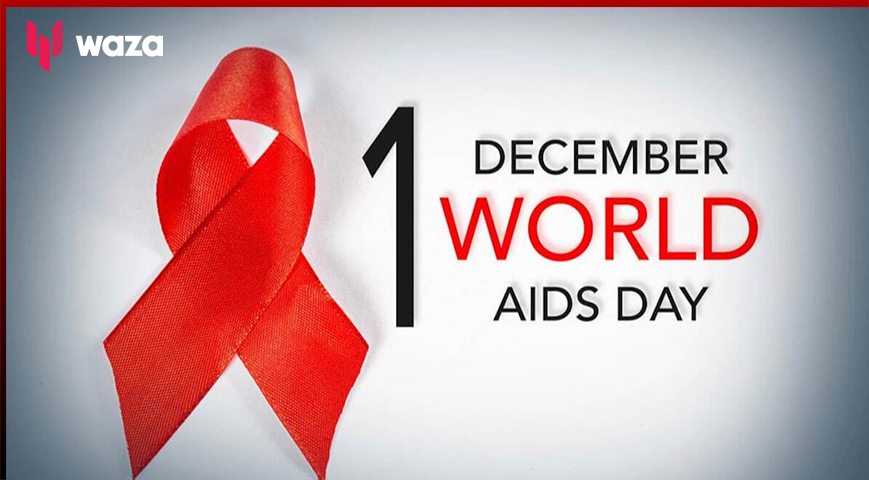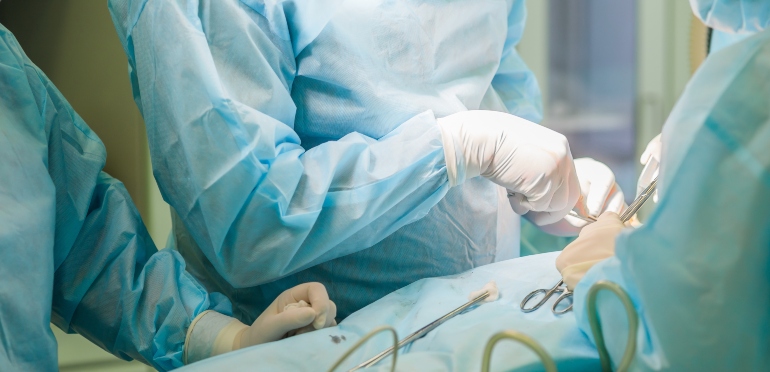January is here when many Kenyans will stay away from butcheries for being broke and unable to afford the delicacy this month. Cabbage is the next preferred vegetable of choice. Here are some benefits of eating cabbage.

- Cabbage improves digestion. Cabbage contains phytosterols and insoluble fibre needed for regular bowel movements, which in turn keeps the digestive system healthy.it increases the creation of good bacteria in your intestines that protect the immune system, and you can eat it raw, cooked or fermented.
- It helps fight cancer cells. A study found that leafy vegetables such as cabbage contain phytochemicals that can help protect healthy cells against cancer attacks. It contains compounds such as glucosinolates that break down during digestion and help clear cancer cells from the body.
- It lowers cholesterol. Red meat is known to increase cholesterol levels in the body. Increased cholesterol levels in the body can lead to heart attacks and other heart diseases. Cabbage contains two substances — fibre and phytosterols- competing with cholesterol for absorption into the bloodstream. High absorption of these substances lowers cholesterol levels hence improving your health.
- Consuming cabbage can assist in lowering blood pressure. In some cases, high blood pressure can cause arteries to burst, resulting in a stroke or death. Potassium is a trace mineral and electrolyte found in red cabbage that provides a healthy amount of potassium to the body. It lowers your blood pressure and, thus, your risk of heart disease if you consume it daily.
- It contains vitamin which keeps the body strong. Cabbage is known to have vitamin c, which helps boost your immune system. Vitamin c is good for the body as it helps improve iron absorption levels, protect against gout attacks and boost immunity.
- It is sweet. Cabbage is one of the most straightforward fruits and veggies to prepare and requires few ingredients; it can be eaten with almost anything and is also used to make salads.











